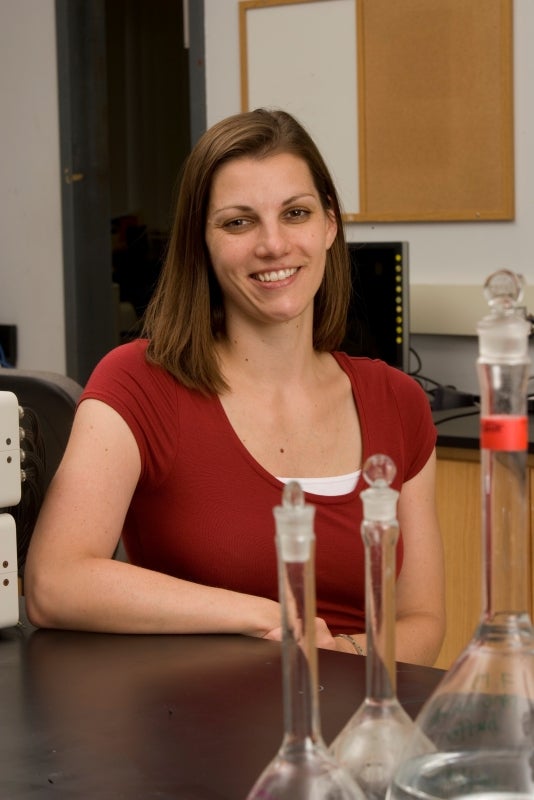The overarching goal of my research team is to understand how mechanical, chemical, and electrical factors of microenvironments influence neuro-regeneration. Specifically, in this talk, I will focus on recent projects to investigate how we use these factors to enhance peripheral nerve repair. The peripheral nervous system has a capacity for regeneration after damage, but few options exist to support nerve repair other than autologous tissue grafts. Endogenous nerve repair proceeds through stages that provides a template for developing new scaffolds, but the focus of mimicking this process has been on increasing axonal regeneration. We believe that focusing on earlier steps in nerve regenerative process will provide new information, and perhaps new options, to serve this unmet need. This talk will focus on fundamental aspects of our current research that study bioactive peptide cues and nanofiber topography to enhance glial proliferation and migration, which endogenously occurs prior to axonal regeneration. In collaboration, our goal is to design and develop translationally relevant peptide-functionalized nanofibers to enhance the migration of Schwann cells, the myelinating cells of the peripheral nervous system, into nerve defects. Ultimately, this research will provide insight into the interactions that influence neuro-regeneration and further seek to develop interventions to improve long-term clinical outcomes. These projects have been supported by the NIH and NSF.

Rebecca Kuntz Willits is Chairperson and Professor of Chemical Engineering at Northeastern University, and has an affiliated appointment in Bioengineering. She has been on the faculty at Saint Louis University from 1999-2010 and at The University of Akron from 2010-2020. Her current research interests are at the intersection of nerve regeneration, tissue engineering, and biomaterials. Her lab works as a multidisciplinary team, with close collaborations with faculty in chemistry and medical schools, as well as physicians in plastic and orthopedic surgery. Dr. Willits has received funding for her research from the National Institutes of Health, the National Science Foundation (NSF), and research foundations, and is a fellow in the American Institute for Medical and Biological Engineering and the Biomedical Engineering Society (BMES). She has served BMES on national committees continuously since 2007, including as a Board of Directors member. She is actively engaged in increasing diversity of faculty in engineering, developing workshops and mentoring programs with NSF funding.

